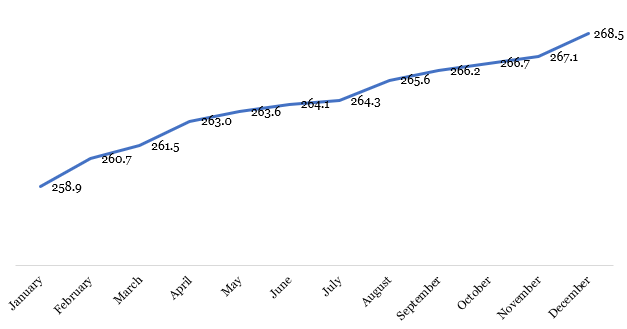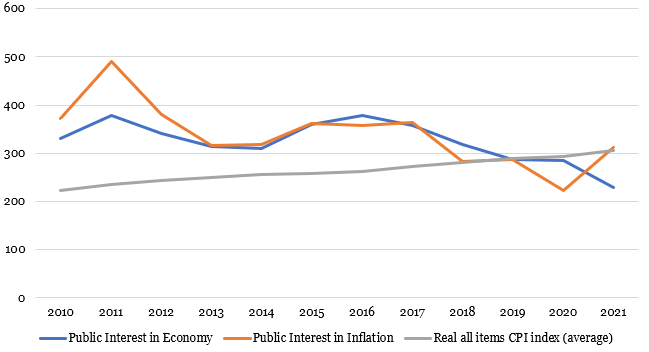Nigerians on social media are calling out Zenith Bank over a series of fraudulent transactions resulting in the loss of depositors’ funds.
The recent complaints, which put Zenith on top of Twitter’s trend table on Friday afternoon, are part of the series of fraudulent cases that have characterized Nigeria’s banking industry in the past few years.
A Twitter user alleged that “a total of N6 million” was withdrawn from her Zenith account in the early hours of the 21st of October, 2022, in the space of about 15 minutes.
https://twitter.com/fashionjuel/status/1583383468435640321?s=20&t=i19NzU62xoRTbdg1MmIGAg
The post has triggered a heavy backlash targeting not only the bank but also the Central Bank of Nigeria (CBN), the financial sector regulator, for its inability to sanitize the growing rot in the banking industry. The CBN’s insouciance toward the matter is believed to have emboldened the banks to be lax with depositors’ hard-earned money.
“On the 21st of October, 2022, I got to the bank at some minutes before 9am and the unprofessionalism of the bankers put me off,” the victim said. She added that the bank only kept pushing her from one manager to the next.
Today’s episode is just one in the banking fraud series that is increasingly dampening the faith of Nigerians in the banking system. Nigerians believe that most of the fraud cases, from the little to the big, have been perpetrated or aided by the banks’ employees.
“That’s how 23k was removed from my zenith account too just like that. My card was with me, I have a token yet money was removed from my account through Paystack. I went to their office they said there is nothing they can do about. I felt angry and helpless,” Yusuf Olakita, a Zenith Bank customer, lamented.
In 2021, four Nigerian deposit money banks; Access Bank Plc, Guaranty Trust Bank Plc, First City Monument Bank, and Wema Bank – collectively lost a total of N1.77 billion to fraudulent activities involving the banks’ employees and consumers, according to the 2021 financial statements of the banks.
With the rot fast-spreading, the distrust in the banks among Nigerians is increasing. Unfortunately, it is coming at a time when the central bank is pushing its financial inclusion policies that it is largely counting on cashless transactions to achieve.
Financial experts said the rising cases of fraud in the banking industry poses a threat capable of spooking investors’ confidence, especially as the CBN and the FCCPC, Nigeria’s competition and consumer protection agency, are not doing enough to tackle it.








